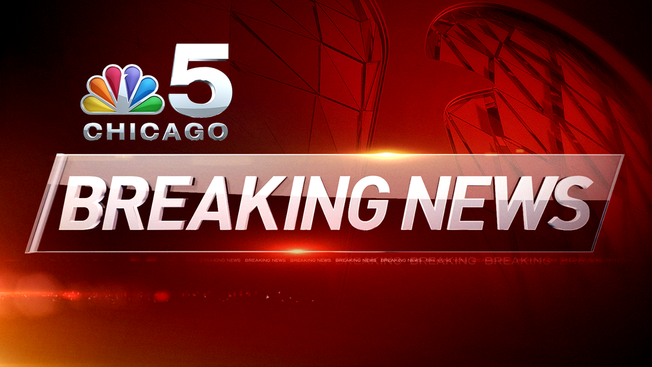As concerns grow over a potential coronavirus outbreak in the United States, Chicago officials are assuring residents that the city is well-prepared to deal with the disease.
In January, there were two confirmed cases of COVID-19 in the Chicago-area. City public health officials say it is likely there will be more confirmed cases in the United States, but also say that the immediate risk posed by the disease remains low.
Currently, the Illinois Department of Public Health is currently conducting hospital assessments to make sure facilities have available capacity in the event of a massive influx of people seeking medical care.
The IDPH is also assessing the availability of gloves, gowns and masks for healthcare workers. The state is the first to provide in-state testing for the COVID-19 virus, officials say.
The bottom line is that the state is monitoring the situation closely, and knows that preparation and alertness is key.
“I think the Chicago medical community and the department of public health is exceptionally prepared for infectious diseases,” Dr. Omar Lateef, a pulmonary critical care physician at Rush Medical Center, said. “Many of the people in Chicago are national leaders in infectious diseases and have excellent relationships not only with the Illinois government but also the Centers for Disease Control. They work closely in conjunction with them and have been setting up conversations around preparedness for all community hospitals.”
Local
Dr. Lateef pointed to the lessons learned from the responses to other diseases, including SARS and the ebola virus, as critical to the way area hospitals prepare for any potential pandemic, working in cooperation instead of competition with one another.
“We’ve had tremendous success in the past with diseases and outbreaks like Ebola, where the CDPH was able to organize a group to get a call schedule together so that hospitals that normally compete with one another work together as one,” he said.
In a press availability Wednesday, Chicago Mayor Lori Lightfoot agreed with Dr. Lateef’s assessment, saying that city officials have been busy game-planning scenarios.
“Our public health department does tabletop exercises all the time to scheme out what would happen if the virus broke out,” she said. “(We’re) coordinating with county and state officials, and we feel very well prepared.”
Lightfoot also said that the city of Chicago is prepared to ramp up its response if necessary, including imposing quarantines to help stop the spread of the disease.
While doctors are emphatic about the need to prepare for any potential outbreak, physicians are also quick to point out that advances in medical technology have allowed them to gain rapid progress in dealing with the disease.
“One of the most astounding things that hasn’t been emphasized is when the first cases were publicly identified in China in late December, to the complete cloning and sequencing of the virus (took only) 10 days,” Dr. James Madara, CEO of the American Medical Association, said. “If this had been 10 years ago, we still would not know the sequence of this virus.”
Above all else, doctors are encouraging the public to remain vigilant, but also to note that the disease is one that appears treatable with traditional ‘supportive measures.’
“I understand the hysteria, but the science right now is we’re able to take care of this disease with what we call supportive measures, like IV fluids and rest,” Dr. Lateef said.



